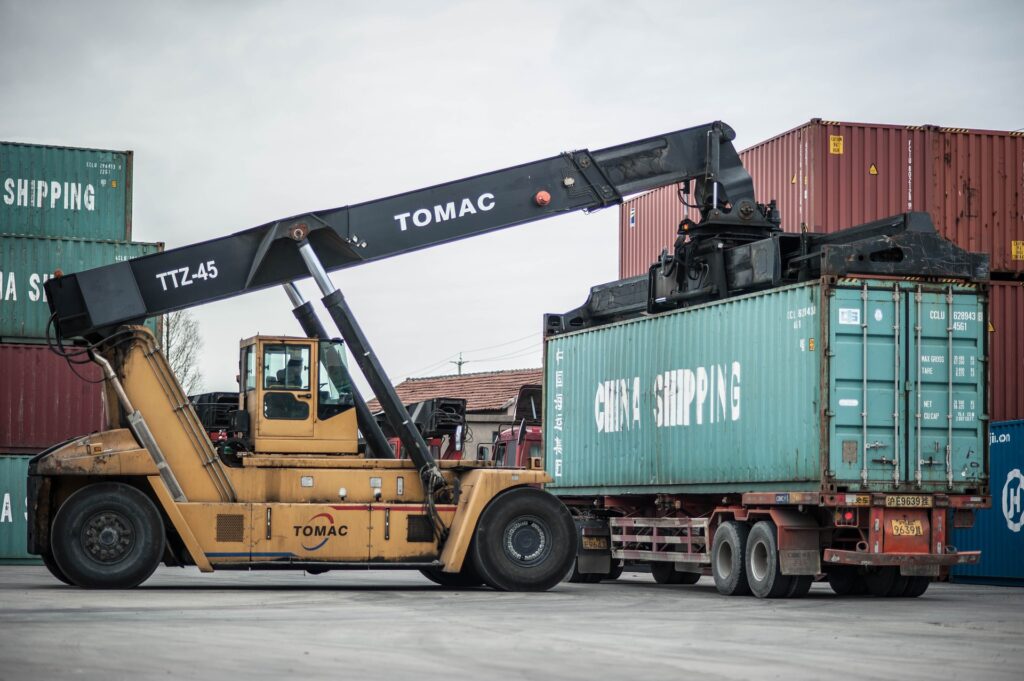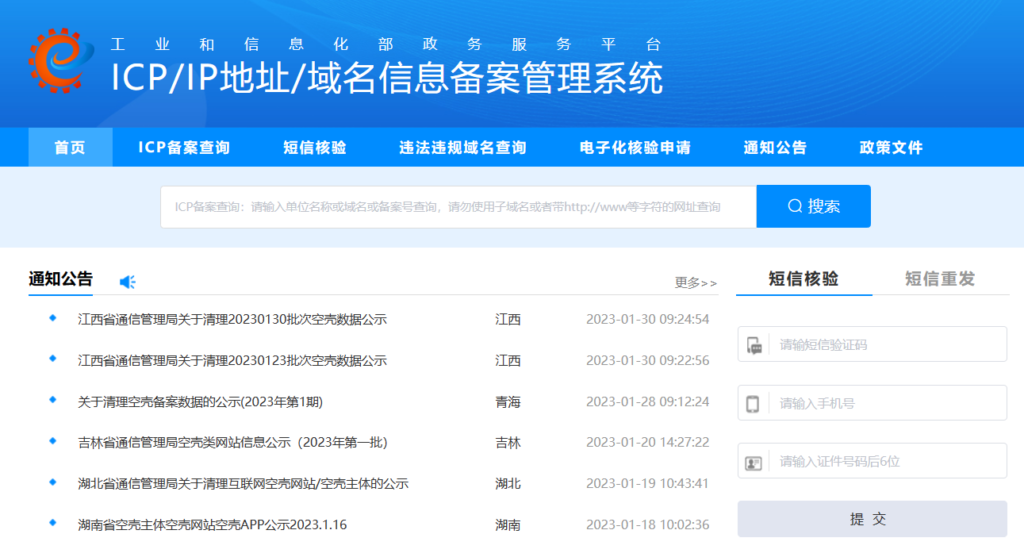Essential Rules for Foreign Investors Establishing Enterprises in China

1. What laws and regulations primarily govern the establishment of enterprises by foreign investors in China?
Foreign-invested enterprises in China must comply with laws and regulations such as the Foreign Investment Law and its Implementing Regulations, and the Regulations on the Registration and Administration of Market Entities. The organizational forms, structures, and operational guidelines of these enterprises are governed by the Company Law, the Law on Partnerships, and other relevant laws.
The Foreign Investment Law and its Implementing Regulations have been in effect since January 1, 2020, replacing the “three laws on foreign investment” and becoming the new fundamental law on foreign investment in China. The Regulations on the Registration and Administration of Market Entities have been in effect since March 1, 2022.
2. What types of organizational forms can foreign investors choose when establishing enterprises in China?
Foreign investors can establish two main types of enterprises in China: companies and partnerships. They can set up limited liability companies, companies limited by shares, general partnerships, or limited partnerships. Additionally, foreign enterprises have the option to establish representative offices in China.
A representative office is a non-profit entity within China that carries out activities related to the business of foreign enterprises. It does not have legal person status and cannot engage in profit-making activities. Its activities are limited to market research, exhibitions, publicity, and liaison work related to the sales, service delivery, domestic sourcing, and investment of the foreign enterprise it represents.
3. What is China’s administration system for foreign investment?
China implements an administration system of “pre-establishment national treatment plus a negative list” for foreign investment, in accordance with the Foreign Investment Law.
“Pre-establishment national treatment” refers to the treatment given to foreign investors and their investments during the investment access stage, which is not lower than that given to their domestic counterparts.
The “negative list” delineates specific fields where foreign investment is restricted or prohibited. Foreign investors cannot invest in areas listed as “forbidden” by the negative list. For fields that are “restricted,” foreign investors must meet the specified conditions. Investments in fields not mentioned in the negative list are treated equally with domestic investments.
Are you considering selling products or offering services in China but lack familiarity with the local laws? Anber Consulting offers customized compliance advice, analyzing relevant Chinese laws and regulations in your industry and keeping you informed of legal requirements and updates.





